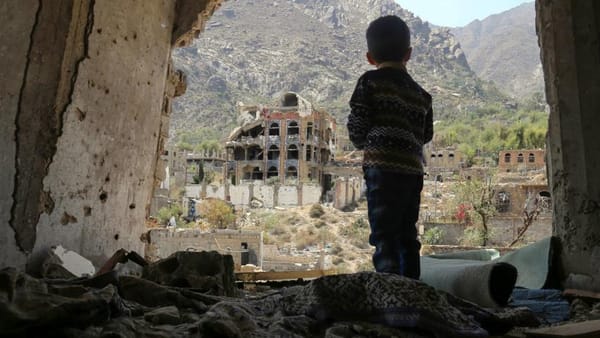Why we need zoos
Maryna Volyshnya makes the argument for zoos in the modern day
As more species become increasingly endangered and face steep decline, today’s zoos become the ark, a reservoir of the world’s valuable animals during the world-engulfing climatic warmth. As of 2018 the ZSL London and Whipsnade Zoos are a home to almost 23,000 animals across over 800 species.
Many argue that the quality of life of an animal is largely reduced when it is held in captivity. Although the movement of an animal in a zoo is more restricted, a zoo animal does not suffer or die of a drought or starvation, with the zoo providing a varied high-quality diet. Unlike an animal in the wild, a zoo animal is in receipt of continuous medical attention, meaning any injuries or illnesses it acquires are treated immediately, sparing the animal pain and irritation. Socially, a zoo animal is not threatened by poachers or predators and is less likely to face complete ostracism, bullying or infanticide. Highly specialised animals or animals which reproduce more slowly, tend to evolve in relatively stable environments which are highly affected by climate change, a present-day problem that we continue to forecast into the future. Sadly, now, a zoo is more capable of providing a fitting enriched habitat for these animals than our own, previously all-providing, planet, so characterising a life that is ‘free’ as one that is ‘good’, is a mistake in this case. If you are worried about the welfare of animals in captivity, while bad zoos should not be overlooked, your concerns should be focused more towards the many breeders, dealers, farms and private owners which are in greater need of inspection and improvement.
With most humans inhabiting urban areas, a zoo is often the only place to experience live animals, as other natural settings such as national parks tend to be less accessible. Zoos educate the public and foster an appreciation of the animals and a motivation to protect them, with zoo visitors supporting the zoos’ conservation work financially by donating and adopting animals and through direct volunteer work. Pro-environmental behaviours are also actively promoted to the visitors through movements such as the ZSL-led #OneLess which is reducing the number of London’s plastic water bottles entering the ocean and championing a new refill culture.
As there is no moral law outside social law, ethics are part-subjective so keeping animals under managed care will always be an ethical dilemma. Having said that, during the era of the Anthropocene, the ultimate ethical dilemma faced by humanity is about the pursuit of a sustainable relationship with our planet. With strong evidence existing for the effectiveness of zoos in saving animals and increasing public knowledge and awareness about the wild, maybe zoos is how we reconnect humans to the ultimate responsibility and purpose we have which is caring for our planet?






